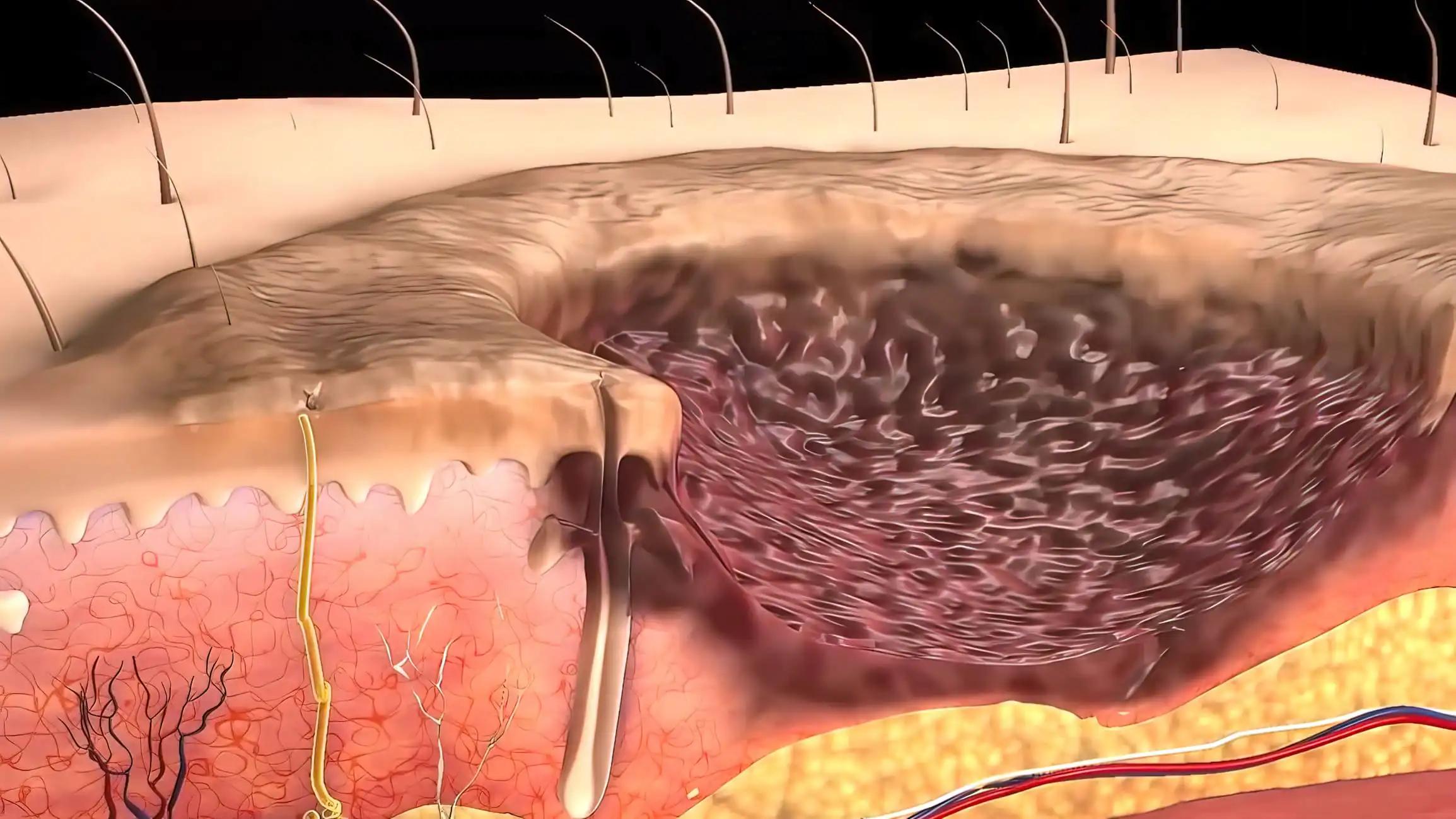KEY TAKEAWAYS
- The study aimed to assess ALPN-202 safety in combination with pembrolizumab for advanced solid tumors.
- The primary endpoints were to determine DLT, AEs, and lab abnormalities.
- ALPN-202 showed good tolerance and efficacy; further investigation is ongoing.
Davoceticept (ALPN-202) is an Fc fusion protein of a CD80 variant designed to facilitate PD-L1-dependent CD28 co-stimulation while simultaneously inhibiting PD-L1 and CTLA-4 checkpoints, with potential applications in skin cancer treatment.
Diwakar Davar and his team aimed to assess the safety of ALPN-202 as a monotherapy in combination with pembrolizumab, to evaluate in adult patients with advanced solid tumors through the NEON-1 and NEON-2 studies, respectively.
They observed 58 patients in NEON-1 receiving ALPN-202 intravenously at doses ranging from 0.001 to 10 mg/kg, either weekly or every three weeks. In NEON-2, 29 patients received ALPN-202 at 0.1 or 0.3 mg/kg weekly or every three weeks, alongside pembrolizumab (400 mg every 6 weeks).
Both studies looked at dose-limiting toxicities (DLT’s), adverse events (AE’s), and lab abnormalities as primary endpoints. The secondary endpoints included evaluating tumor response, pharmacokinetics, anti-drug antibodies, and pharmacodynamic biomarkers.
The results indicated that treatment-related adverse events (TRAEs) and immune-related adverse events (irAEs) were reported in 67% (39/58) and 36% (21/58) of patients receiving ALPN-202 alone, and in 62% (18/29) and 31% (9/29) of those on ALPN-202 plus pembrolizumab. Severe TRAEs (≥grade 3) and irAEs (≥grade 3) occurred in 12% (7/58) and 5% (3/58) with ALPN-202 alone, and 24% (7/29) and 10% (3/29) with the combination.
A DLT of grade 3 immune-related gastritis was noted with ALPN-202 alone (3 mg/kg Q3W), while 2 grade 5 cardiac DLTs occurred with the combination, leading to early study termination. Additionally, 5 patients with renal cell carcinoma (RCC) showed clinical benefit, including two partial responses and three stable disease cases.
The study concluded that ALPN-202 was generally tolerated as monotherapy up to 10 mg/kg and showed clinical activity, particularly in RCC. However, fatal cardiac events in combination with pembrolizumab suggest further investigation is needed before considering such combinations.
The study was funded by Alpine Immune Sciences.
Source: https://pubmed.ncbi.nlm.nih.gov/39097413/
Davar D, Cavalcante L, Lakhani N, et al. (2024). “Phase I studies of davoceticept (ALPN-202), a PD-L1-dependent CD28 co-stimulator and dual PD-L1/CTLA-4 inhibitor, as monotherapy and in combination with pembrolizumab in advanced solid tumors (NEON-1 and NEON-2).” J Immunother Cancer. 2024 Aug 3;12(8):e009474. doi: 10.1136/jitc-2024-009474. PMID: 39097413.



